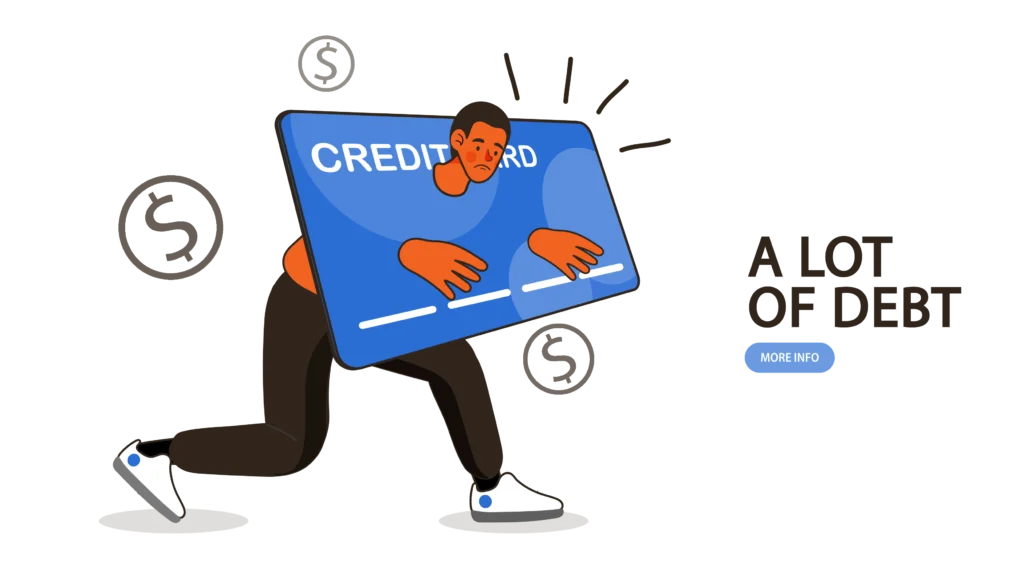Debt Consolidator Calculator – Take Control of Your Payments in

What Is a Debt Consolidator Calculator?
Drowning in multiple monthly payments? A Debt Consolidator Calculator helps you simplify your debt by estimating the potential savings from rolling all your high-interest debts into a single, lower-interest loan. Whether you’re juggling credit card balances, personal loans, or lines of credit — this calculator gives you the numbers you need to regain control of your finances.
In just a few steps, you’ll discover how much you could save each month and how fast you can be debt-free with a consolidation plan.
Debt Consolidation Calculator.
HOME EQUITY
CURRENT DEBTS
CONSOLIDATION OPTIONS
CONSOLIDATION RESULTS
MONTHLY IMPACT
LONG-TERM IMPACT
DEBT CONSOLIDATION: IMPORTANT CONSIDERATIONS
Important Factors When Consolidating Debt.
Benefits of Debt Consolidation
Debt consolidation can simplify your finances by combining multiple payments into one, potentially lower monthly payment. It can also reduce the total interest paid over time if you secure a lower interest rate than your existing debts.
Mortgage Refinance vs. HELOC
A mortgage refinance replaces your existing mortgage with a new loan that includes your debt balances. This typically offers the lowest interest rate but has higher closing costs. A HELOC provides a line of credit secured by your home’s equity, offering flexibility with a potentially higher interest rate.
Risks to Consider
Converting unsecured debt (like credit cards) to secured debt (tied to your home) increases the risk of foreclosure if you can’t make payments. Additionally, extending the repayment period may increase the total interest paid despite a lower rate.
Closing Costs
Refinancing typically involves closing costs between 2-5% of the loan amount. These costs can include application fees, origination fees, appraisal fees, and title insurance. HELOCs generally have lower closing costs but may include annual fees.
Behavioral Considerations
Debt consolidation only works if you address the root causes of debt accumulation. Without changing spending habits, you risk running up new debt while still paying off the consolidated loan, potentially worsening your financial situation.
What Does the Debt Consolidator Calculator Do?
This debt consolidation calculator breaks down your current debt obligations and compares them to a proposed consolidated loan. It calculates:
- Total current monthly payments
- New monthly payment with consolidated loan
- Time saved until you’re debt-free
- Interest savings over time
- Side-by-side comparison of current vs. consolidated payments
It’s an ideal budgeting tool to explore your options before applying for a consolidation loan or mortgage refinance.
Who Should Use This Debt Consolidator Calculator?
This calculator is perfect for:
- Anyone paying high interest on credit cards
- Borrowers juggling multiple loan payments
- Homeowners considering a refinance to consolidate debt
- Self-employed individuals with scattered business debt
- Canadians looking to improve their credit utilization and score
If you’re feeling overwhelmed or just want to see if consolidation could help, this calculator is built for you.
Why Use a Debt Consolidator Calculator?
Consolidating debt can simplify your financial life and potentially save you thousands in interest. This calculator helps you:
- Estimate your potential savings
- Determine if consolidation lowers your payments
- See how much sooner you can become debt-free
- Build a plan before speaking with a mortgage agent or lender
- Avoid costly mistakes by comparing scenarios in advance
It’s one of the smartest tools for financial clarity and forward planning.
What This Calculator Doesn’t Include
While this tool gives you a solid comparison of debt scenarios, it doesn’t yet account for:
- Credit score changes after consolidation
- Origination or setup fees (some lenders charge these)
- Collateral impact (e.g. using home equity for consolidation)
- Future interest rate fluctuations
Speak with a licensed mortgage agent or credit advisor for a detailed plan.
Tips for Making Debt Consolidation Work
Not all debt consolidation plans are created equal. Here’s how to make it work for you:
- Choose a lower interest rate – The goal is to reduce total cost, not just simplify
- Avoid extending your term too long – Longer terms = lower payments, but more interest
- Don’t rack up new debt – Keep credit card balances low after consolidating
- Consider secured vs. unsecured loans – A home equity loan may offer better rates
- Use the calculator to test different loan terms and rates
Pro Tip
If you’re a homeowner with equity, you may be able to consolidate your debts through a refinance or second mortgage. These options usually offer much lower interest rates than unsecured loans or credit cards.
Use this calculator to simulate both secured and unsecured consolidation options.
- Mortgage Affordability Calculator
- CMHC Insurance Calculator
- Mortgage Comparison Calculator
- First-Time Home Buyer
Trusted External Resources:
Debt doesn’t have to control your life. With our Debt Consolidator Calculator, you can take the first step toward financial freedom. Understand your options, make smart choices, and start your journey to a debt-free future.
Try the calculator now — and discover how much you could save.
